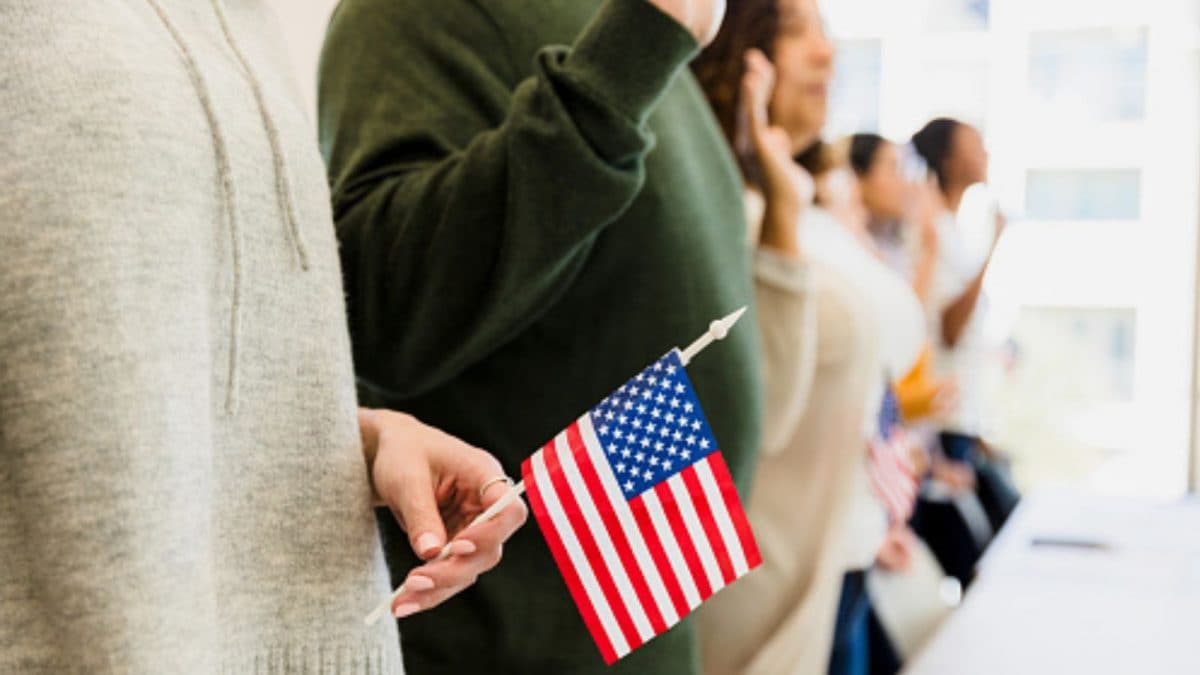USCIS Naturalization Rules Tighten: Stricter Civics Tests & Moral Scrutiny Impact Green Card Holders
The upcoming stricter naturalization rules signify a more challenging and prolonged path to U.S. citizenship for skilled immigrants, particularly those on H-1B visas and awaiting Green Cards.

Article Summary
USCIS is set to implement tougher naturalization rules from October 2025, reintroducing a more extensive civics test and stricter scrutiny of English proficiency, "good moral character," and residency. These changes are expected to significantly impact immigrants, including the substantial Indian diaspora currently navigating H-1B visas and Green Card processes, making the path to U.S. citizenship more arduous. The administration states these measures aim to ensure a deeper understanding of U.S. constitutional principles and protect citizenship integrity.
[ Sentiment: negative | Tone: factual ]
This summary and analysis were generated by TheNewsPublisher's editorial AI. This content is for informational purposes only; it does not constitute legal or immigration advice.
TNP AI: Key Insights
For skilled professionals on H-1B visas and those awaiting Green Cards, these impending changes mean the final step towards full U.S. integration and its associated benefits—such as voting rights, enhanced global mobility, and family sponsorship—will become considerably more demanding. This adds a new layer of complexity and potential delay to an already lengthy and often anxious immigration journey, requiring greater personal investment in preparation and potentially extending the overall timeline to permanent residency and citizenship.
The reversion to a more difficult civics test, alongside enhanced scrutiny of "good moral character" and residency, reflects a broader policy shift towards tightening immigration pathways, echoing sentiments from previous administrations. While USCIS frames this as protecting citizenship integrity, it will likely lead to increased study burdens for applicants, potentially higher denial rates, and could prompt legal challenges from advocacy groups, further prolonging the process for many.




